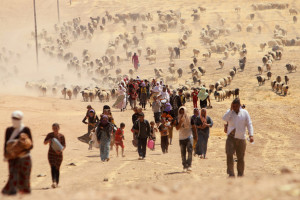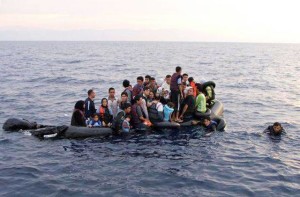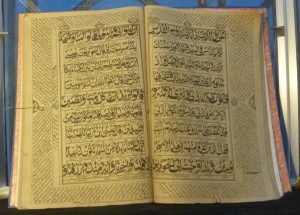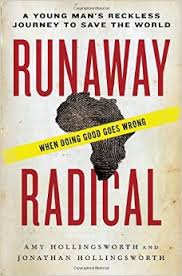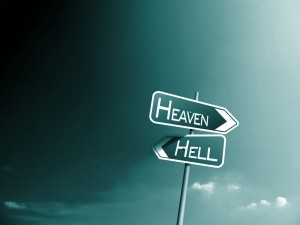
A couple years ago, one of our sending churches withdrew financial support from Andy and me.
This came after a theological discussion with the pastor and staff about why we were in India. We explained that we wanted our lives in the slum to mirror the way that God chose to be with us when he entered into the human condition and into poverty through the incarnation, and we described the practical ways we had become involved in our neighbors’ lives.
Yet there was confusion over whether or not these things were part of Jesus’ message; whether they were “focused” enough to merit church support. As the conversation progressed, both we and the staff realized that we were operating under different assumptions about what “Good News” means, why Jesus came to earth, and what the mission of the Church is.
The pastor and staff were not careless or hard-hearted–they probably asked the same questions and handled the situation in much the same way as would many evangelical Christians across North America. They were simply acting out of a belief that hell is the central problem for human beings, and that saving people from hell through right belief is the Church’s primary purpose. Against the backdrop of looming eternal torment, any efforts to alleviate suffering in the here and now or to address its systemic causes in society quite logically seem like a waste of time, or even a dangerous distraction from our spiritual rescue mission.
I wrote a guest post about this for pastor Greg Boyd’s blog over at ReKnew Forum. Recognizing how often our faith is “hijacked by religion, politics, and the assumptions of the day,” Greg’s vision for ReKnew is to create a space for “believers and skeptics alike” to “ask tough questions and consider a renewed picture of God,” one that authentically reflects Jesus rather than the historical and cultural baggage we’ve layered on top of him. Click on over to read my post.
